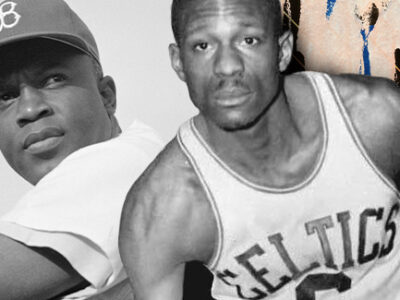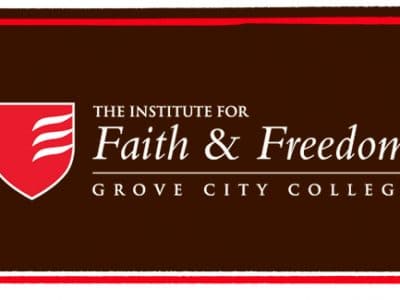One probably had to live through the times to better appreciate the real significance of William F. Buckley. A deserving plethora of encomia—wouldn’t he use a word like this?—currently suffuses conservative media outlets, cataloguing the great man’s kindness, humility, extraordinary intelligence, his peerless wit, his fundamental civility, and his importance to modern conservatism especially and contemporary thought generally.
Among greybeards and those mesmerized by appeals to the better angels of our nature, this last item on the list stands out, because it would have been absent without that single quality that propels all historical greatness, which is courage. Above all, Bill Buckley possessed intellectual courage, of the sort that insists a flickering candle of truth can successfully challenge the darkness of ideological bigotry, provided it is wielded by a person who shields the flame with courage. Kindness and humility are admirable, but not unique; intelligence, learning, and articulation can flow from safe havens of college lecterns; wit can be purchased, and civility, though constantly in short supply, can be learned. But courage stands alone. Without it, nothing else can have an impact on individuals, or indeed, on civilizations.
Again, one probably had to have been there. You had to have attended high school and college during a time when conservatism was treated as a mental disorder, a dangerous atavism that hosts authoritarian personalities best exemplified by the unspeakable evils of recently dispatched totalitarian leaders and their henchmen—Hitler, Mussolini, Mengele, Eichmann. To be a conservative during the 1950s and 1960s was to be associated with the most macabre inhabitants lurking in stories penned by Poe, Lovecraft, or Machen. After all, weren’t conservatives the real culprits in The Paranoid Style of American Politics, or Anti-intellectualism in American Life? Hadn’t conservatives grasped the message in The End of Ideology? And weren’t conservatives the grand manipulators in The Power Elite? In short, weren’t conservatives the Alley Oops of the era—knuckle-dragging troglodytes targeted for extinction by Big History, that metaphysical beast that lumbers through time, crushing everything in its path?
A few distinctions are in order here: Small history comprises those details of ordinary life—waking, preparing for the day, working, living, loving, retiring, passing away. Small history can be orderly but also capricious, exhilarating but unpredictable, adventitious and often nasty. By contrast, Big History, universal history with a capital “H,” takes a grand sweep of events and declares their pattern, the inevitability of designated stages. Big History is progressive and linear; hence, the phrase, being on the right or wrong side of history.
Though inspired by Jewish and Christian thought, Big History more recently traces its roots to the Enlightenment, especially in France and Germany. Socialism, fascism, and communism were the prevailing big histories to emerge from the speculations of enlightenment thinkers, several of whom seemed to conclude that everything that had happened prior to them conveniently came to fruition in their own ruminations about the past and future. Hegel’s grandiose philosophy of history rested on this view, and the fever swamp of Karl Marx’s imagination almost parodied intellectuals’ arrogance about their abilities to comprehend and expostulate on the ultimate meaning and direction of world events. Capital “H” historians differ in the details of interpretations, but they all have this in common: the passage of historical stages is inevitable, and there’s not much you can do about it, except perhaps “speed it up” in some fashion along deterministic lines.
To all this William Buckley said no, especially to the variant of Big History dominant at the time, the liberal-leftism of post-war New Deal thought and its 1960s offspring, The Great Society. Therein lay Buckley’s real historical significance, in that he demonstrated that there are no inevitabilities in history, beyond one’s personal origins and passing from this world. In three global conflicts, western liberalism prevailed against the monstrous big histories of the twentieth century, but became smug and supercilious in the process. Against it stood a single person who spurned the casual arrogance and intolerance of the day, by insisting that wisdom teaches humility in attempts to comprehend the great dramas of history, and that only a morality based on individual human dignity can withstand assaults of totalitarian believers in Big History. Such views required a person of great intellectual and moral courage. Such a man was William F. Buckley, Jr.




